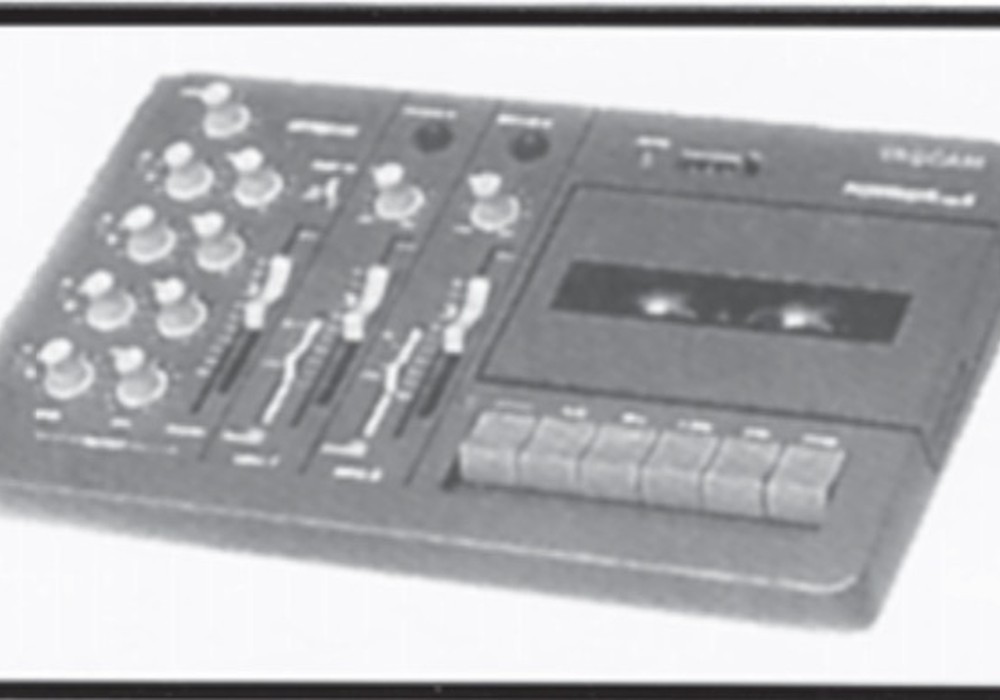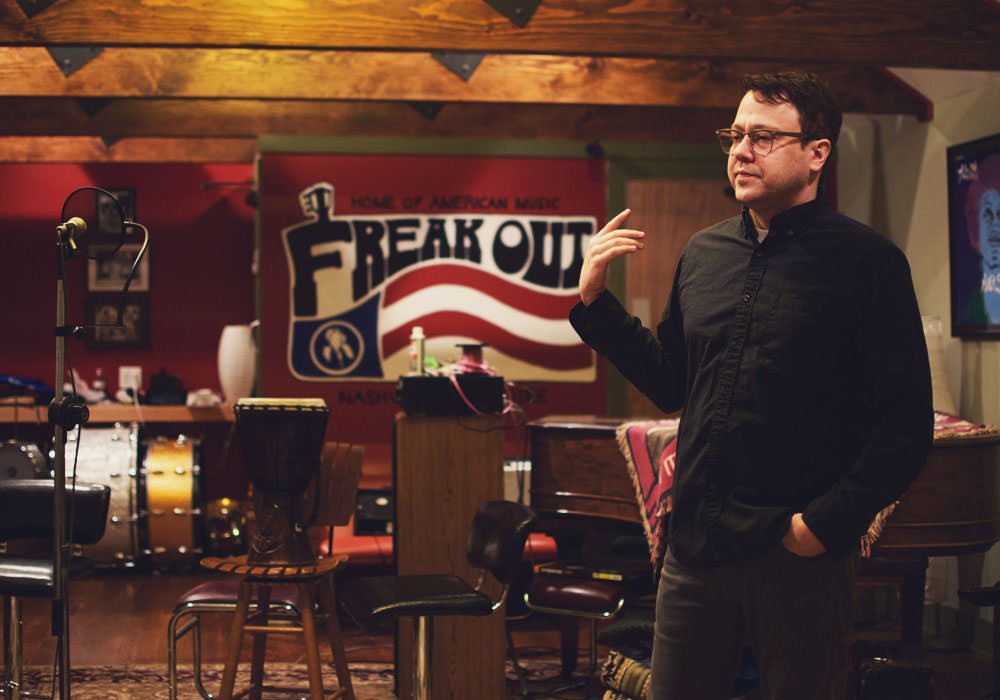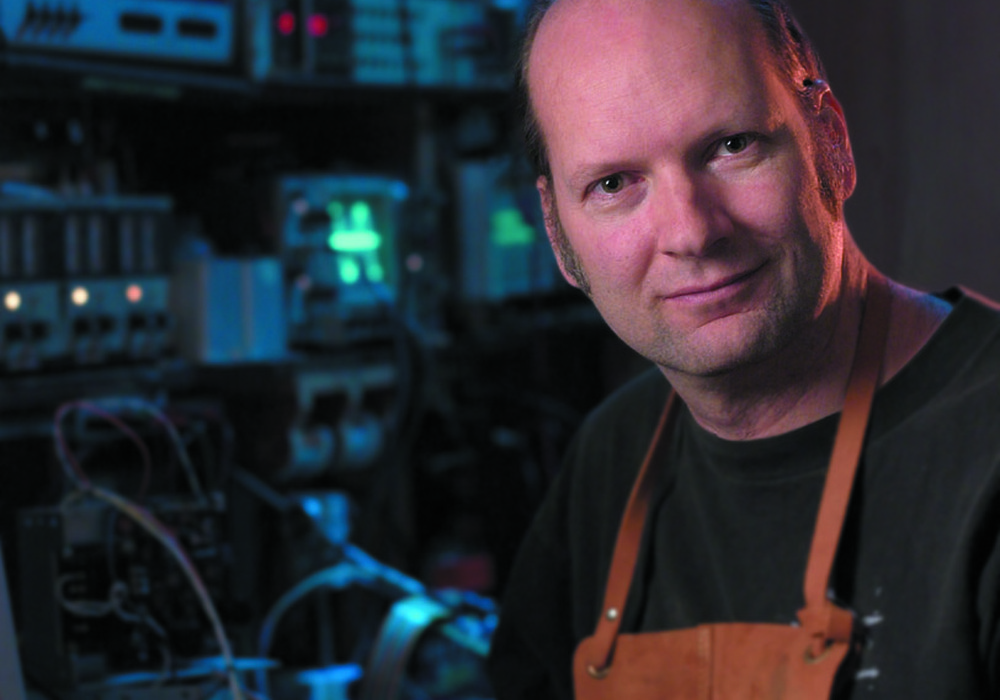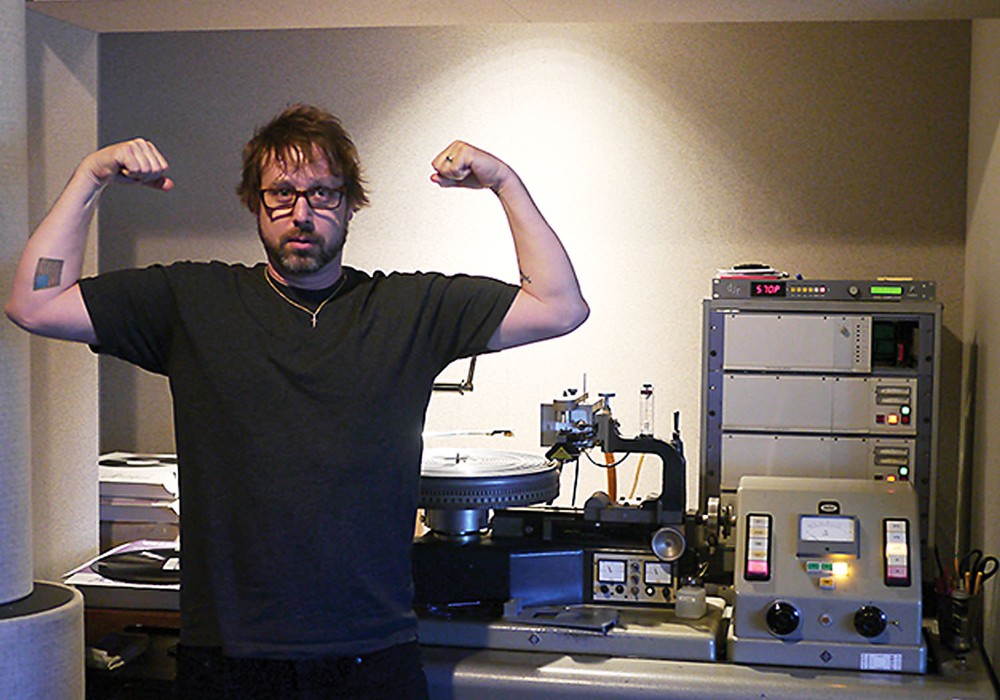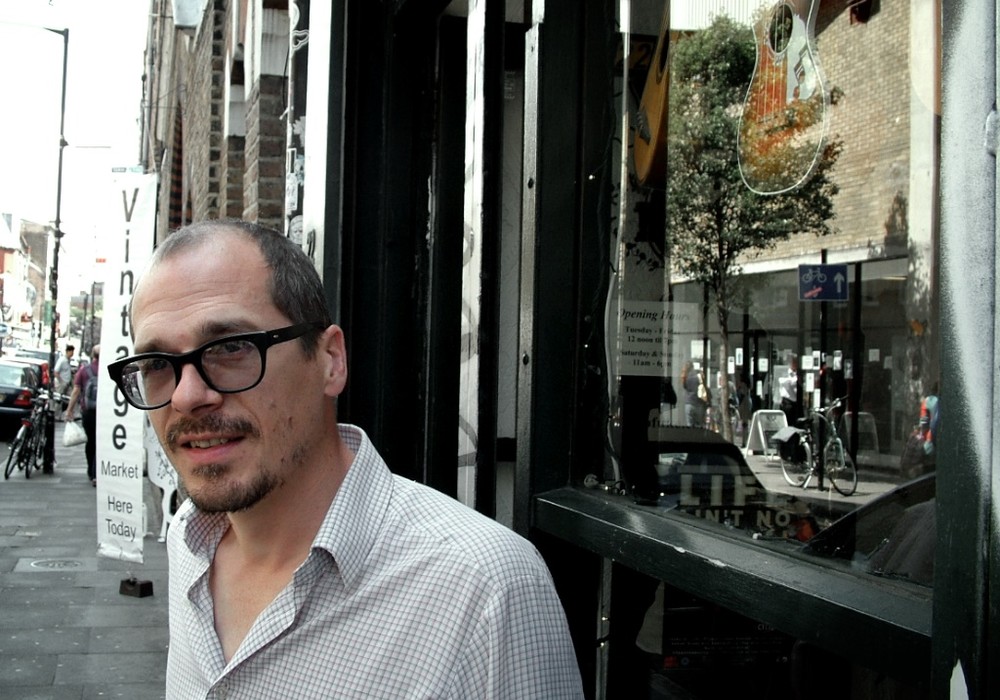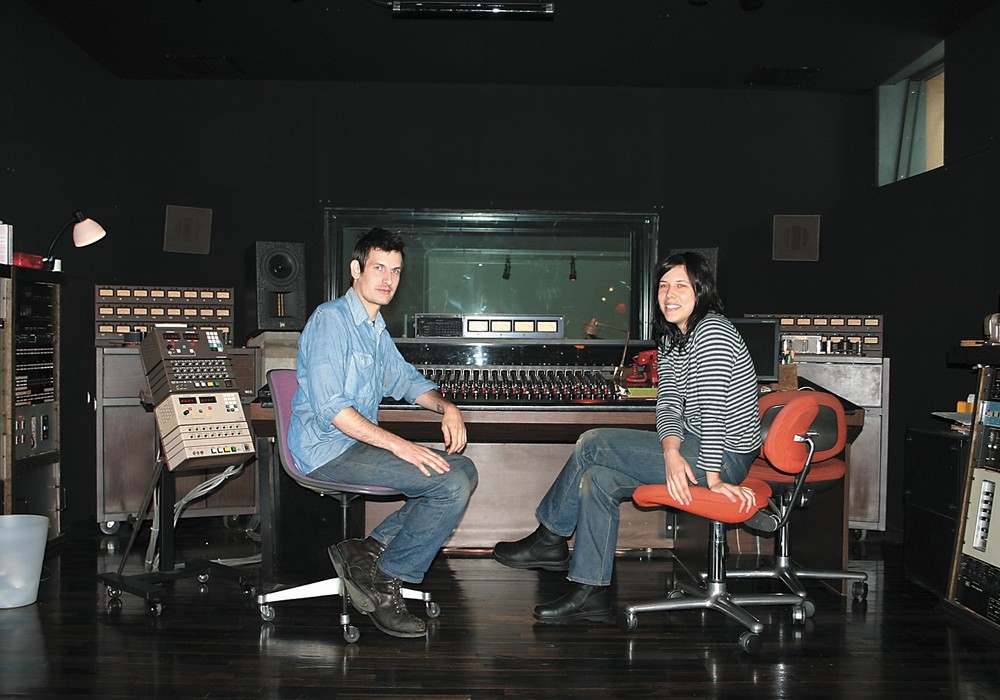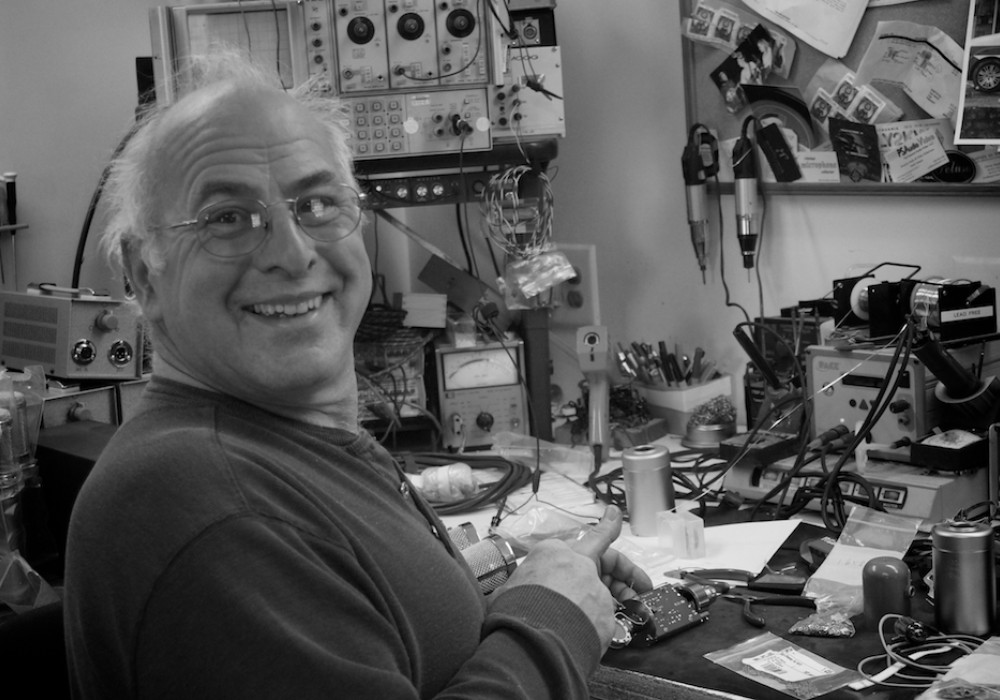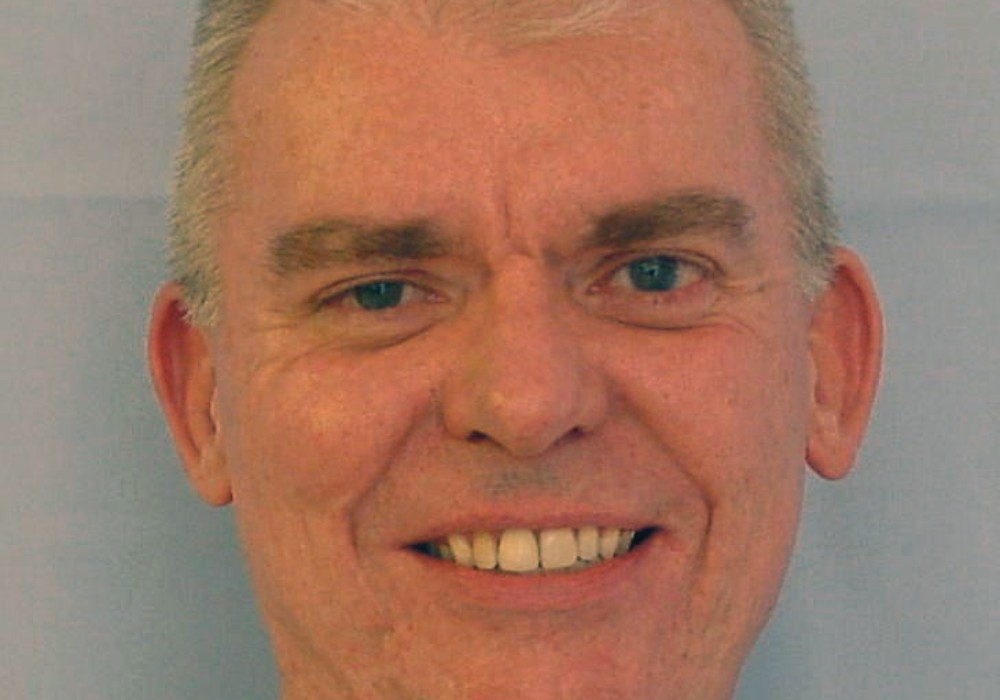For years Rob Chiarelli and Chandler Bridges have worked, together and separately, producing and engineering records for the likes of Will Smith, Madonna, Pink, Janet Jackson, J-Lo, Christina Aguilera, P- Diddy (Puff Daddy), Aaliyah, and Johnny Mathis. Along the way they decided to start selling microphones and more. Why? We had to know!
Rob, you’ve got a career as an engineer and producer. How did you get involved in a microphone company?
RC: My son was about ten years old and he started playing the drums. I figured I’d put his drums in the garage, get some mics, and mic it up in case I wanted to do some demos at home. I didn’t want to spend $10,000 on mics, so I went to a well-known music store and asked the opinion of the salespeople. I spent a couple of grand, and the mics sounded horrible. I took them back and tried a different brand. Horrible again. I couldn’t believe what they were selling, and couldn’t believe how much they cost. Just by chance I was in the studio with a producer friend of mine; he was using this unknown microphone, and it sounded really great. I wrote down the name of it and told Chandler about it.
CB: Rob and I had been working together for about ten years, at this point. We were in studios about 300 days a year and had access to world-class microphones. We had bought a matched pair of very expensive mics from a well-known manufacturer, but they didn’t sound all that great. We had this idea that we would share our mics with each other when we recorded at home.
RC: Which we never did, by the way.
CB: Well, no, because the mics didn't sounds all that great. Then we heard these mics and they totally beat the thousand-dollar mics we had bought. I tracked down the manufacturer and found out they were manufactured in China. I thought, “My iPhone and my Mac are made in China,” so I figured that not all Chinese products are bad. But it was more a matter of better quality control, which company is making it, and how you handle your business.
RC: So we ordered a dozen of these mics. Some of them sounded good and some of them didn’t. We just had to figure out why.
CB: Yeah, the first mic that we made was the Gauge ECM-87. We put a lot of thought into how we could make a great mic at a good price, bring it to market, and who we were making it for. As the idea started to develop, we realized that people have a horrible selection of mics at home, or they have a [Shure SM]57 and use it for everything. I’m not saying to get rid of that; but it would also be nice to have a mic that sounds incredible, that sounds like a thousand dollar mic.
RC: That came later though. First, when we got them, we had to sort out what the problems were. We changed components, wanted a different capsule design...
CB: And we also incorporated everything anybody was upgrading through forums and do-it-yourself mod kits into our plan. That was an interesting process.
RC: It did take a while. And once we got objective feedback from friends, we decided to order a few more. We sold a few, and then gave a few more away.
CB: Rob is good friends with Michael Laskow, from TAXI.com. They have that incredible, once a year, Road Rally conference. It’s fantastic, with all these breakout classes and lots of information. My wife, Tara, and I set up a booth, and that’s when we started selling the microphones.
Selling direct?
CB: We sold them, at our cost, to any of the TAXI members, as a perk. It was fun. Tara and I were looking for something exciting and new to do. I don’t know how many we ordered on the first run...
RC: They were gone, and quick.
CB: We sold out the first or second day and took some pre-orders. It started from there. Those were the CB: That’s exactly why we started with the large- first sales we made. We’ve never sold through stores.
RC: It’s all been word of mouth. About a year ago we sent a survey to all of our clients. One of the questions was, “How did you hear about us?” About 80 percent was word-of-mouth. That really said a lot. I think one of...
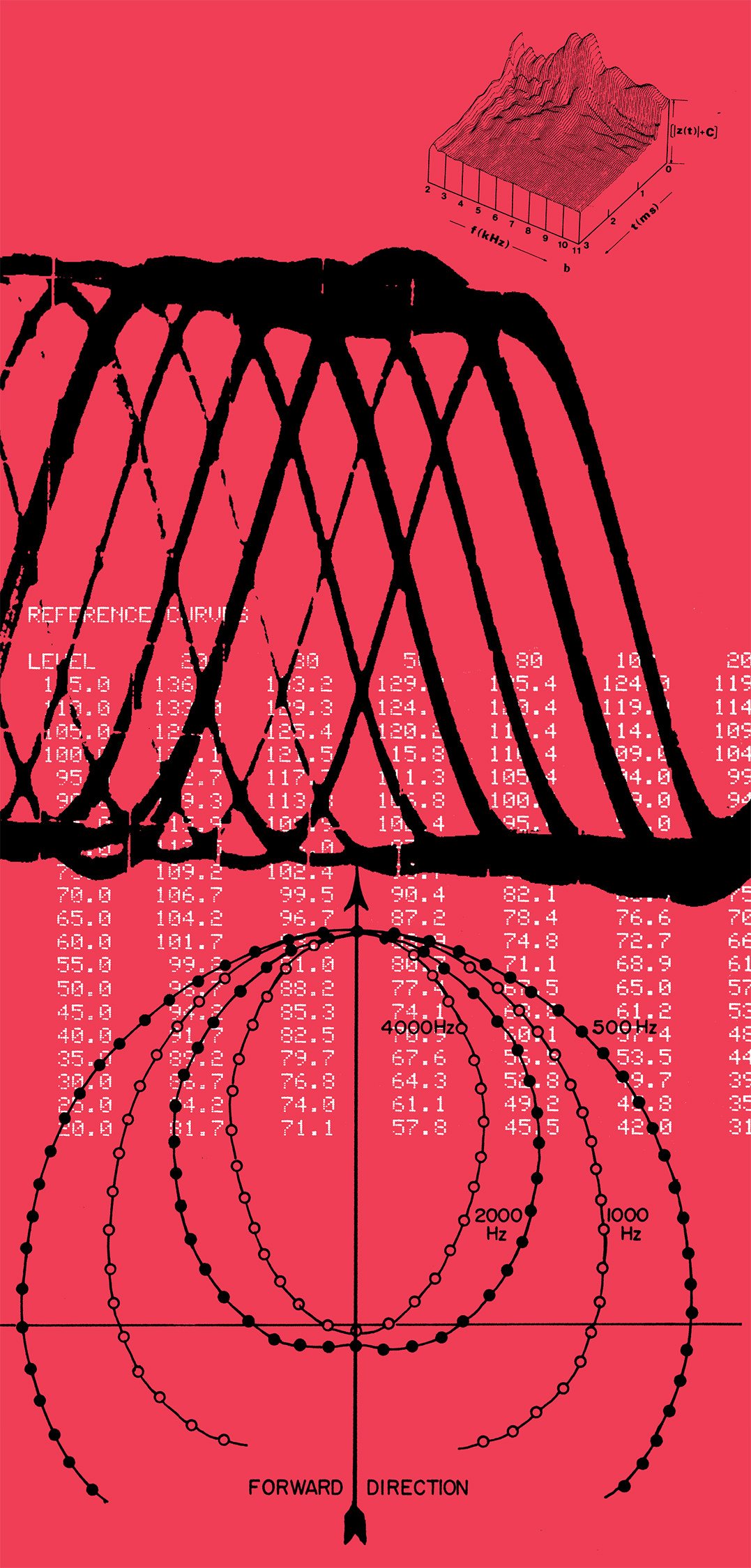

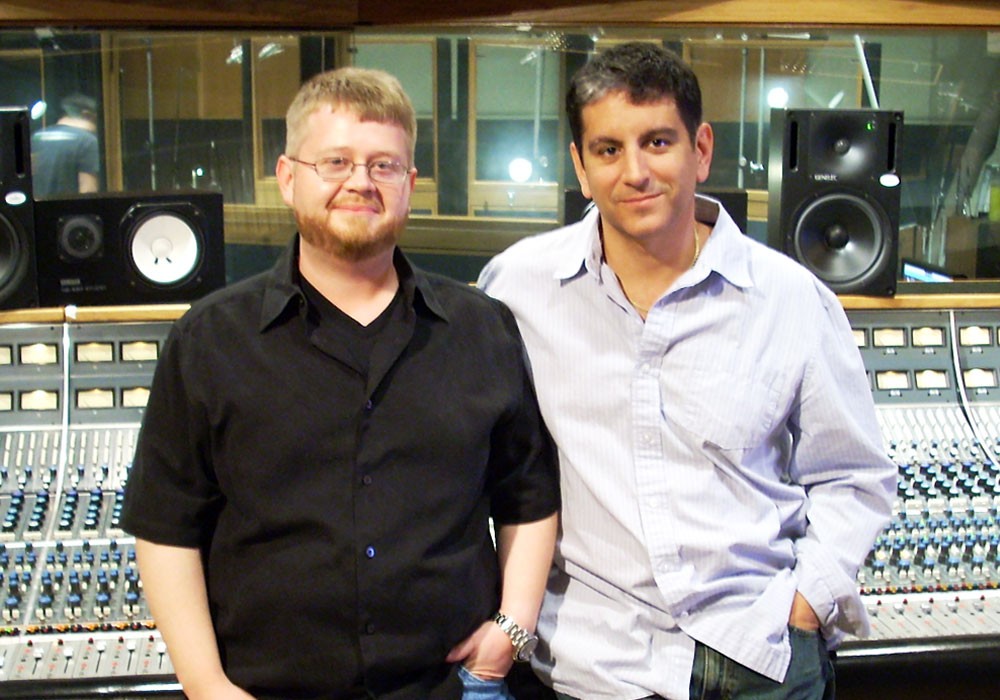


_disp_horizontal_bw.jpg)
